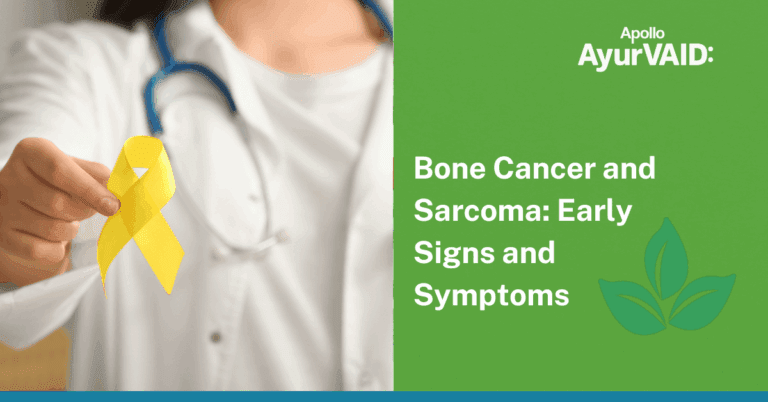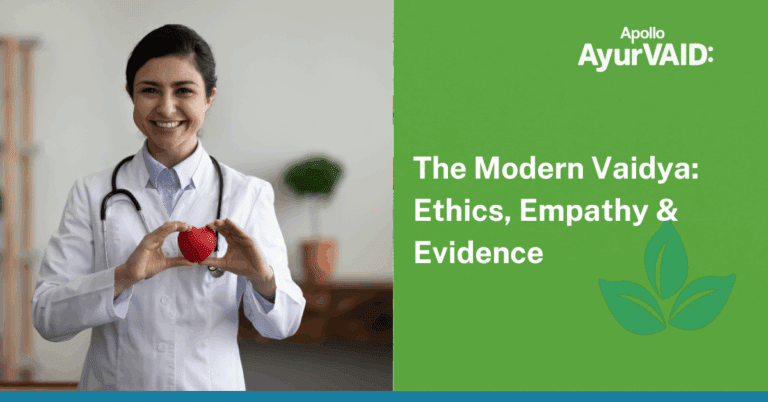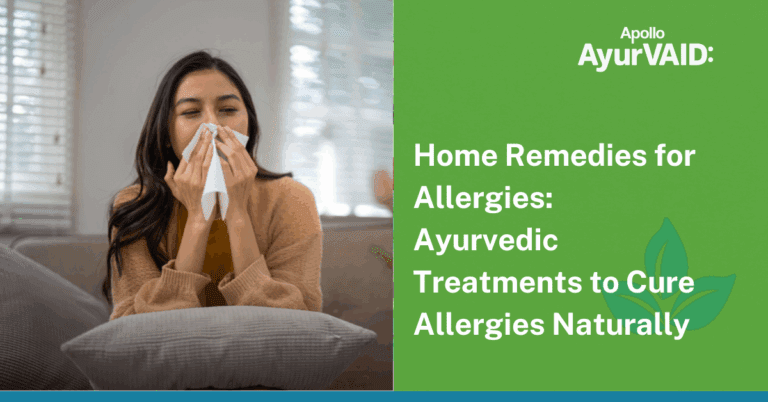If you or any family member is suffering from suspected dengue fever, it is important to carefully watch yourself or a relative for the next few days, since this disease can rapidly become very serious and lead to a medical emergency. The complications associated with Dengue Fever/Dengue Haemorrhagic Fever usually appear between the third and fifth day of illness. You should therefore watch the patient for two days even after the fever disappears.
Dengue fever management and emergency conditions
Dengue fever management and emergency conditions Management of dengue fever is symptomatic with bed rest, antipyretic and analgesic. Liberal fluid intake viz. home-available fluids eg. juices, rice water, kanji, fruit juices, plain water, etc., or ORS solution is recommended for patients with excessive sweating, nausea, vomiting, or diarrhea to prevent dehydration.
Prognosis in DHF depends on early recognition of plasma leakage which can be monitored by a rise in hematocrit level. Frequent assessment needs to be done by serial hematocrit levels whenever feasible. In areas, where facilities for the estimation of hematocrit do not exist serial vital signs along with urinary output charts need to be maintained. The most critical period is around 3rd day of illness when the patient apparently starts feeling better and becomes afebrile but needs close observation regarding the development of complications. If there are symptoms such as shock, very low urine output, or lips or mouth turn blue, immediate hospitalization is required.

Signs of Recovery
Stable pulse, blood pressure, and breathing rate
Normal temperature
No evidence of external or internal bleeding
Return of appetite
No vomiting
Good urine output
Stable hematocrit or RBC count

Ayurveda tips for Dengue Patients/General Guidelines
Always consume boiled water. The water should be cooled naturally at room temperature.
Using herbs such as dry ginger, tulsi, coriander, guduchi to make medicated water or herbal teas is beneficial.
Diet – Rice gruel, moong dal khichadi with ghee, medicated water like or boiled water with Shunthi, Dhanyak and Guduchi. Avoiding heavy to digest food items such as bakery products is recommended. Liberal use of ghee is beneficial. Green gram soup is advised.
In cases of acute fever, taking bath should be avoided.
Patients should avoid physical work, exertion, and travel.
Herbal fumigation for home can be done using neem leaves to prevent breeding of mosquitoes.






